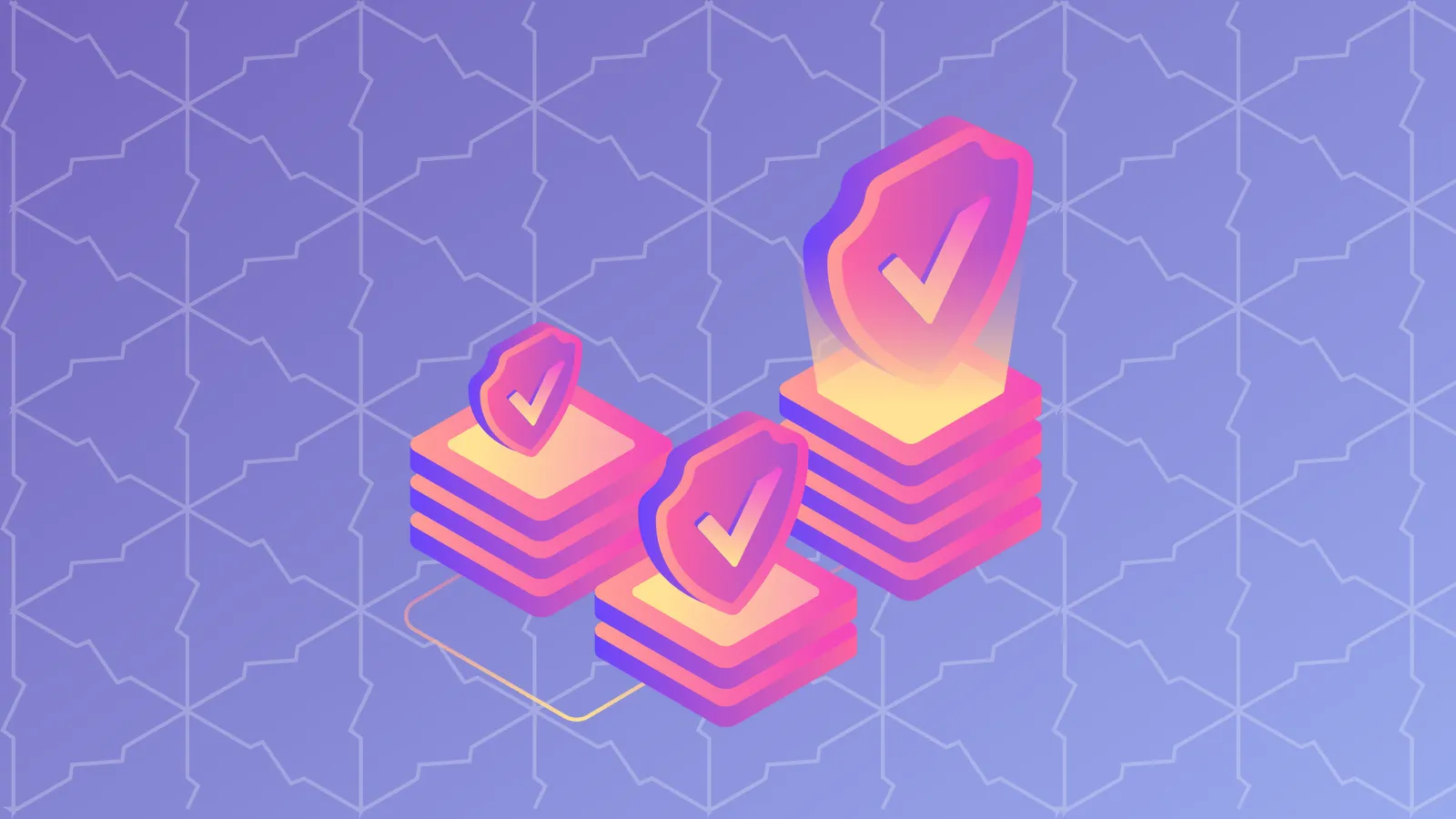What is a public blockchain?
Bitcoin uses a public blockchain, where anybody can be a node and all data is publicly accessible. All transactions ever made since the genesis block are available to look at using a block explorer.
Read more about public blockchains here.
Why might this be bad?
A business may want to use a blockchain but it might not want all its data publicly accessible. A public blockchain could breach data protection acts or give away business secrets.
Public blockchains carry risks because the miners could collaborate and alter the blockchain. This is known as a 51% attack. This could be damaging for a business if it held assets on it and they were deleted or stolen.
Did you know?
Ethereum miners altered the blockchain following the DAO hack in order to rewrite history so it never happened. Some felt this broke the immutable principle and decided to continue using the old chain, now called Ethereum Classic.
What is a private blockchain?
A private blockchain is a distributed ledger that is controlled by a single entity. The owner controls access to the blockchain. This means they select who can mine it, who can use it and who can see it.
They are sometimes called permissioned blockchains.
What are the benefits?
Private blockchains have many advantages, primarily for business use-cases. These include:
- 🛃 Control - The owner can force changes to be made to the blockchain. This means they can edit transactions and add new ones if they wish. This might be necessary for data protection regulations.
- 🕵️ Private - Transactions are not publicly available. This has advantages for a business in keeping its data away from prying eyes.
- 💸 Cheaper - Transactions only need to be confirmed by a few high-processing computers than thousands of smaller ones. This means transaction fees are much lower.
- 🛁 Cleaner - Mining new coins is unnecessary. So, nodes won't use up mind-bogglingly high amounts of electricity associated with proof-of-work.
- 🔒 Safer - If the company uses nodes that it knows are trustworthy, then it won’t have to worry about a 51% attack which could happen to a public blockchain.
- 🏃 Faster - Transactions can be confirmed quickly which means block times can be quicker.
What are the issues?
Private blockchains are not without their critics. Here are some issues:
- 🤷 Unnecessary - Public blockchains are designed to work in a trustless environment. If the nodes are trusted, it may be simpler and cheaper to just use a database.
- 🤝 Trust - Public blockchains work because anyone can verify its transactions. A third party may not trust a private blockchain because it could have been edited or manipulated by the owner.
- 🔘 Centralized - If a private blockchain only has a few, more powerful, nodes then it has fewer points of failure. Public blockchains have thousands of nodes meaning no downtime.
Why not use a database?
Private blockchains have several advantages over databases for specific use-cases:
- 📚 Accountability - It is possible to follow data entries back to the beginning on a blockchain.
- 👨👩👦👦 Partnerships - Several companies may wish to use a private blockchain so they can each validate transactions without making the data publicly available.
- 🔠 Standardization - Rather than try to connect different business systems together, they can each integrate with one blockchain-based system.
Which companies are using private blockchains?
The Linux Foundation’s Hyperledger Fabric is a permission blockchain framework. It is an open source protocol used by the IBM Blockchain Platform and others in delivering blockchain-for-businesses services.
Read more about Hyperledger here.
Blockchain consortium R3 has developed Corda Enterprise. It’s used in industries from financial services to healthcare and insurance. It has support for oracles.
"With the core framework in place, you can then alter the network according to your business needs, granting permissions to those who need it and making sure those who don’t, are kept out." Adrianna Corriveau, IBM Blockchain.
The future
Private blockchains could be used to track a product across its entire supply chain, across several different companies. This could enable much safer product creation as it allows for greater oversight over the whole process.
They could also be used for a global finance payments system, as IBM hopes with its Blockchain World Wire which runs a private blockchain on the Stellar platform. This would enable much cheaper and faster cross-border payments. This can be done using public blockchains but businesses may require the greater control and oversight that private blockchains offer.


